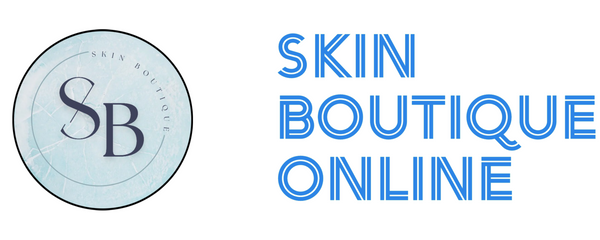In the vast landscape of skincare, few ingredients have earned as much acclaim and reverence as retinol. Revered for its remarkable anti-aging properties and unparalleled ability to transform skin texture, retinol has become a staple in the beauty routines of countless individuals worldwide. But what exactly is retinol, and why is it heralded as a skincare savior? In this blog post, we delve into the intricacies of retinol, exploring its origins, mechanisms of action, and the myriad benefits it offers for your skin when incorporated into your daily cosmetic routine.
Unraveling the Mystery of Retinol:
Retinol, a derivative of vitamin A, belongs to a class of compounds known as retinoids. Originally developed as a treatment for acne in the 1970s, retinoids quickly gained recognition for their remarkable ability to rejuvenate the skin. Retinol, in particular, is prized for its gentle yet effective nature, making it suitable for most skin types, including sensitive and acne-prone skin.
What are the benefits of Retinol in your daily skincare routine?
- Diminished Wrinkles and Fine Lines: Perhaps the most celebrated benefit of retinol is its unrivaled prowess in combating signs of aging. By stimulating collagen production and accelerating cell turnover, retinol helps to diminish the appearance of fine lines and wrinkles, leaving your skin smoother, firmer, and more youthful-looking.
- Improved Skin Texture and Tone: Regular use of retinol can lead to a noticeable improvement in skin texture and tone. By exfoliating dead skin cells and promoting the growth of new ones, retinol helps to refine pores, reduce roughness, and even out pigmentation, resulting in a more radiant and uniform complexion.
- Combat Acne and Prevent Breakout: Retinol's ability to unclog pores and regulate oil production makes it an effective treatment for acne-prone skin. By preventing the formation of comedones (clogged pores) and reducing inflammation, retinol helps to clear existing acne lesions and prevent future breakouts, leaving your skin clearer and smoother.
- Enhanced Skin Firmness and Elasticity: As we age, the production of collagen and elastin—the proteins responsible for maintaining skin firmness and elasticity—declines, leading to sagging and loss of definition. Retinol helps to counteract this process by stimulating collagen synthesis and promoting skin renewal, resulting in firmer, more resilient skin over time.
- Prevention of Sun Damage and Photoaging: Exposure to the sun's harmful UV rays can accelerate the aging process, leading to wrinkles, sunspots, and other signs of photodamage. Retinol helps to mitigate the effects of sun damage by promoting cell turnover and repairing DNA damage, making it an invaluable ally in the fight against premature aging.
Different retinol Strengths.
Retinol products are available in various strengths, ranging from over-the-counter formulations to prescription-strength treatments. Here's a brief overview of the different retinol strengths:
- Over-the-Counter (OTC) Retinol: OTC retinol products typically contain lower concentrations of retinol, ranging from 0.25% to 2%. These formulations are suitable for beginners or those with sensitive skin who may experience irritation with higher concentrations.
- Clinical Strength Retinol: Clinical strength retinol products contain higher concentrations of retinol, typically ranging from 2% to 5%. These formulations are often recommended for individuals with more advanced signs of aging or those who have built up tolerance to lower concentrations of retinol.
- Prescription Retinoids: Prescription-strength retinoids, such as tretinoin (Retin-A), adapalene (Differin), and tazarotene (Tazorac), are the most potent retinoid formulations available. These medications are prescribed by a dermatologist and may be used to treat severe acne, stubborn hyperpigmentation, and advanced signs of aging.
To reap the full benefits of retinol, it's crucial to incorporate it into your daily skincare regimen correctly:
- Start Slowly: If you're new to retinol, begin by using it 2-3 times a week and gradually increase frequency as your skin tolerates it.
- Apply at Night: Retinol can make your skin more sensitive to sunlight, so it's best to apply it at night before bed. Remember to follow up with a broad-spectrum sunscreen during the day to protect your skin from UV damage.
- Use Moisturizer and Sunscreen: Retinol can be drying, so be sure to follow up with a moisturizer to keep your skin hydrated. Additionally, always wear sunscreen during the day to protect your skin from sun damage and prevent further aging.
- Be Patient and Persistent: Results from retinol can take several weeks to become apparent, so be patient and consistent with your usage. With continued use, you'll begin to notice improvements in your skin's texture, tone, and overall appearance.
